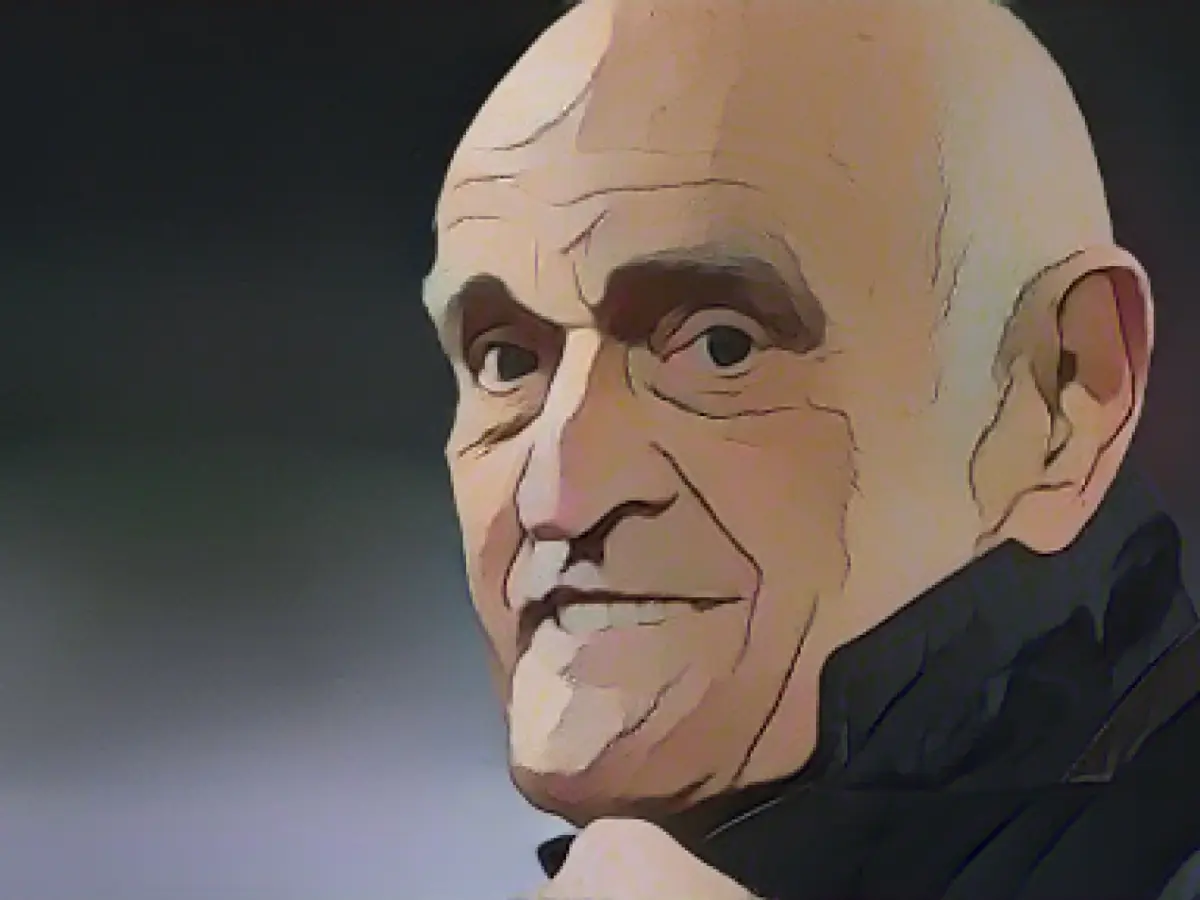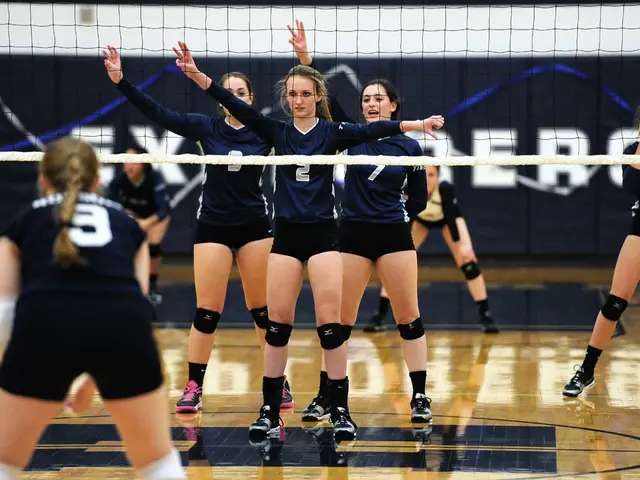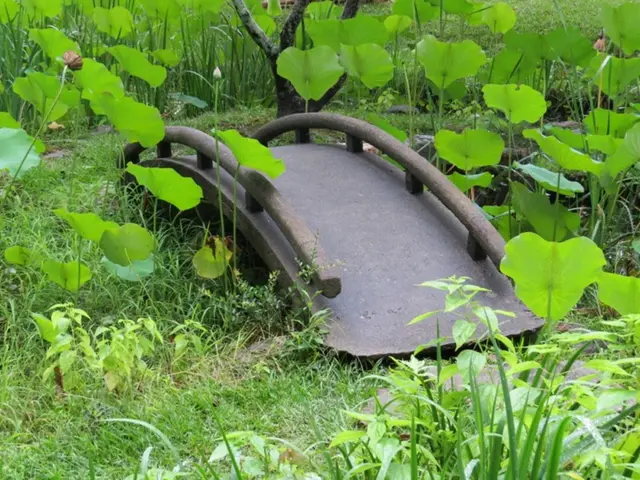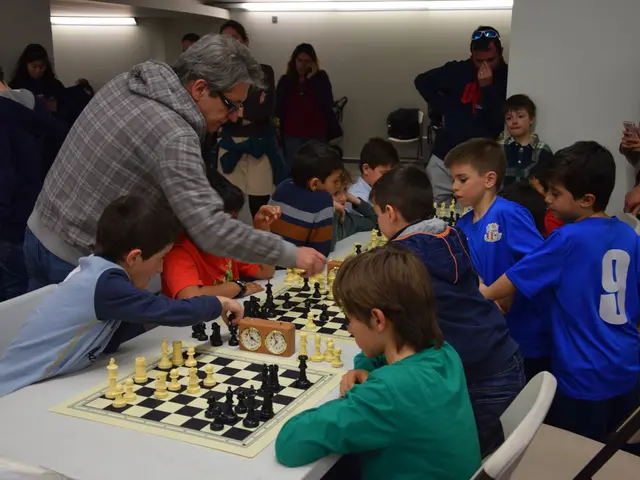Bundesliga Drama: Parent Club vs. Hannover 96 Majority Shareholder
The Hannover 96 saga in the Bundesliga is back in the spotlight, this time due to a dispute between the club's parent club and majority shareholder, Martin Kind. According to recent statements, the parent club has the right to take action if Kind did not follow their instructions regarding the investor deal.
In the heated debate surrounding this investor deal in German football, Kind's decision has left the parent club with major doubts. The investor deal just barely secured the required two-thirds majority, and Kind's vote was crucial for its approval. However, the parent club had explicitly instructed Kind to vote against this deal.
Kind's response to this instruction remains pending, leading to further speculation. The board member of the parent club, when questioned, revealed that an official request for Kind's stance was already made, but no answer has been received yet.
The secret ballot, as Kind had previously mentioned, is further complicating the issue. The lack of transparency is making it challenging to determine who voted against or in favor of the investor deal. This uncertainty has sparked a wave of controversy, particularly due to the thin margin by which the deal was passed.
The Parent Club and Kind's Long-Standing Dispute
The tension between the parent club and Kind is nothing new. Their relationship has been marred by a long-standing dispute primarily revolving around the 50+1 rule. This regulation is intended to ensure that parent clubs retain the right to issue instructions even if they have spun off their professional soccer operations into a corporation.
However, Kind's non-compliance with these instructions has been a recurring issue. In the past, the parent club has attempted to remove Kind as managing director of the outsourced professional soccer operation but was unsuccessful in their legal attempts.
The Role of DFL in the Controversy
According to Hannover 96's chairman, Sebastian Kramer, the DFL might have benefited from the narrowly passed investor deal. Despite the DFL's responsibility to ensure the right to issue directives in Hannover, they have not moved on this issue for over a year. This inaction might have contributed to the current situation.
As this controversy unfolds, German football fans and experts are watching closely to see how the dispute between the parent club and Kind plays out. Martin Child, a prominent figure in German soccer marketing, could provide valuable insights into the intricate dynamics of this situation.
Sources:
Insight 1:
Financial pressures can put a strain on clubs like Hannover 96, making it harder for them to navigate disputes and negotiations, especially when it comes to investment deals.
Insight 2:
Investor agreements in professional football can be complex, often leading to potential disputes between parties involved. While specific details regarding the Hanover 96-Kind disagreement are not provided, it's a common occurrence in the Bundesliga.
Insight 3:
Legal actions are a possibility in such disputes. Depending on the nature of the disagreement, violations of contracts or financial mismanagement could lead to legal proceedings. In this case, determining the specifics of the dispute and Kind's actions is crucial for potential legal action.








